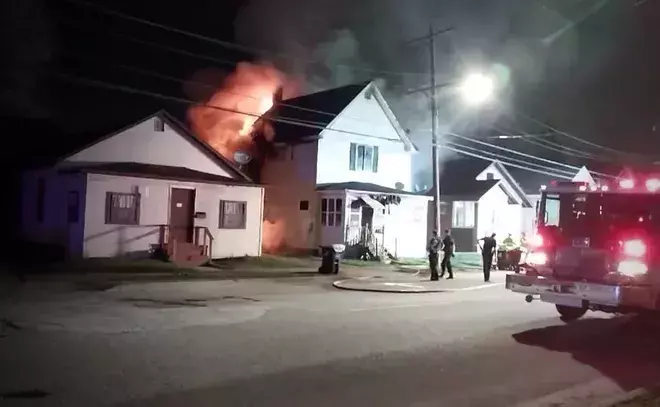The Michigan Department of Health and Human Services is warning Michigan residents about medetomidine, a new drug identified in overdose deaths.
Medetomidine is a veterinary tranquilizer, similar to xylazine, that can cause adverse effects including slowed heart rate, low blood pressure and decreases in brain and spinal cord activity. It is not approved for use in people.
According to data provided by the Swift Toxicology of Opioid Related Mortalities (STORM) project at Western Michigan University Homer Stryker M.D. School of Medicine, since March, three overdose deaths have identified medetomidine during postmortem toxicology testing. The deaths occurred in Ingham, Berrien and Wayne counties. In addition to medetomidine, testing also identified fentanyl and other potent manufactured drugs.
MDHHS is particularly concerned about this drug for the following reasons:
- Medetomidine can cause central nervous system depression and death.
- Like xylazine, medetomidine is not reversed by medications such as naloxone or Narcan.
- Unlike xylazine, testing strips are not yet available to detect this particular drug.
“Medetomidine is considered more potent than xylazine and we want to make sure Michigan residents are aware of this new and dangerous drug showing up in overdose deaths in our state,” said Dr. Natasha Bagdasarian, chief medical executive. “Even though naloxone doesn’t directly reverse the effects of medetomidine or xylazine, these tranquilizers are usually found in combination with opioid drugs like fentanyl, that can be reversed. For this reason, we continue to urge individuals who use drugs and their loved ones to carry naloxone to prevent overdose.”
MDHHS is urging local substance use disorder organizations, health care providers and harm reduction agencies to take the following actions:
- Raise awareness and promote harm reduction practices – medetomidine like xylazine may be increasingly found in the illicit drug supply. Layer harm reduction strategies to lessen the risk of overdose: take it slow, use less, carry naloxone, do not use alone, monitor breathing, etc.
- As with xylazine, give rescue breaths in case of respiratory depression.
- “To give rescue breaths to adults, make sure the person’s airway is clear; place one hand on the person’s chin, tilt the head back, and pinch the nose closed. Place your mouth over the person’s mouth to make a seal and give two slow breaths. Watch for the person’s chest (but not the stomach) to rise and follow up with one breath every 5 seconds” (What You Should Know About Xylazine | Drug Overdose | CDC Injury Center).
- Distribute naloxone as well as fentanyl and xylazine test strips – Organizations can request free naloxone from MDHHS to increase capacity. Connect individuals with more ways to access naloxone: order online at nextdistro.org/Michigan and have it delivered at no cost; get it at a pharmacy (Naloxone Standing Order, no prescription required); or contact a Syringe Service Program for naloxone, fentanyl and xylazine test strips, sterile needles, testing for HIV and Hepatitis C and other life-saving resources.
- Explore the Substance Use Vulnerability Index on the MDHHS dashboard to start conversations around gaps and barriers that may exist in your community.
MDHHS will continue monitoring STORM and other rapid data sources and will share information as it becomes available. Agencies aware of any medetomidine-involved overdoses or exposures since January 2024 are asked to share this information at [email protected].






